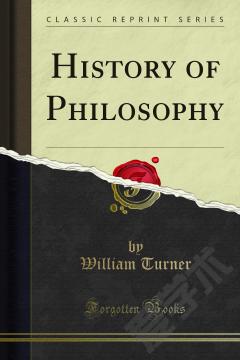Essays on the History of Moral Philosophy
PART I: THEORY 1. Moral Knowledge and Moral Principles PART II: VICTORIAN MATTERS 2. First Principles and Common Sense Morality in Sidgwick's Ethics 3. Moral Problem and Moral Philosophy in the Victorian Period PART III: ON THE HISTORIOGRAPHY OF MORAL PHILOSOPHY 4. Moral Crisis and the History of Ethics 5. Modern Moral Philosophy: From Beginning to End? 6. No Discipline, No History: The Case of Moral Philosophy 7. Teaching the History of Moral Philosophy PART IV: SEVENTEENTH AND EIGHTEENTH CENTURY MORAL PHILOSOPHY 8. The Divine Corporation and the History of Ethics 9. Natural Law 10. The Misfortune of Virtue 11. Voluntarism and the Foundations of Ethics 12. Hume and the Religious Significance of Moral Rationalism PART V: ON KANT 13. Why Study Kant's Groundwork? 14. Autonomy, Obligation and Virtue 15. Kant and Stoic Ethics 16. Towards Enlightenment 17. Kant on Unsocial Sociability PART VI: MORAL PSYCHOLOGY 18. The Active Powers PART VII: AFTERWORD 19. Sixty Years of Philosophy in a Life J. B. Schneewind: Bibliography
{{comment.content}}








 京公网安备 11010802027623号
京公网安备 11010802027623号